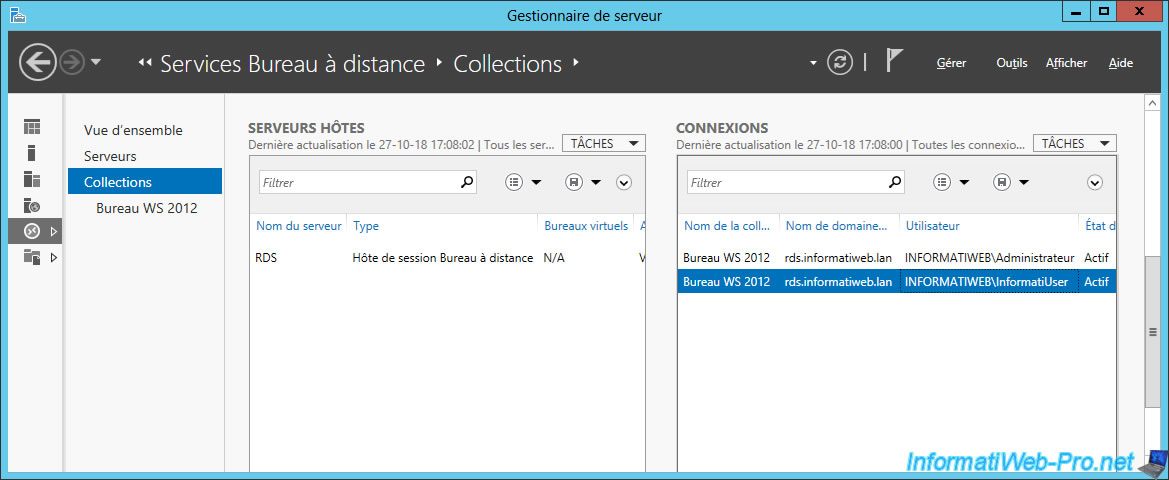

In addition, Business Planning and Control System (BPCS) applications use the client’s IP address as a workstation ID, causing a variety of consistency problems. If there is only one IP address for the entire Remote Desktop Session Host (RD Session Host) server, the application will not work if multiple RDS users use it at the same time. Some legacy applications run in user mode and listen for requests on a specific port. Why do we need Remote Desktop IP Virtualization? The remaining applications in the session will continue using the overall server IP. That is, a “per session” IP will still be used, but it will only be scoped for a specified set of applications.

In per-program mode, Remote Desktop IP Virtualization facilitates shared-session IP, but only uses it for specified applications instead of the whole session. In per-session mode, Remote Desktop IP Virtualization assigns an IP address per user session. What are the different modes of Remote Desktop IP Virtualization? This essentially means assigning individual IP addresses to user sessions to avoid application incompatibility issues by simulating a single user desktop.
Server 2016 remote desktop services retain session id windows#
In Windows Server 2008 R2, Remote Desktop Session Host server, formerly known as Terminal Server, supports per-session and per-program Remote Desktop IP Virtualization for Winsock applications. This makes the TS experience different from that of regular desktops and introduces some application compatibility problems. In Windows Server 2008, Terminal Server has a single IP address, which is shared among all TS users. What is Remote Desktop IP Virtualization? Part I: Using RD Session Host Configuration MMC snap-in First published on CloudBlogs on Jul, 10 2009


 0 kommentar(er)
0 kommentar(er)
